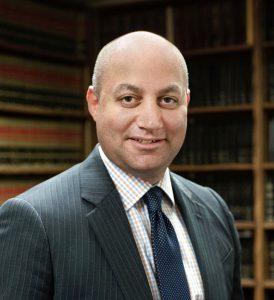Salman Rushdie, the renowned British-Indian author, was stabbed in New York’s Chautauqua Institution where he was set to give a speech on how the United States is an “asylum for writers and other artists in exile”. The author found success with the publication of his second novel, Midnight’s Children. His 1988 book, The Satanic Verses, was subject to much controversy in the Islamic world. Iran’s Ayatollah Khomeini issued an edict or ‘fatwa’ against Rushdie, setting up a bounty for his head amounting to $2.8 million. Later, the amount was raised to $3.3 million, AP reports.
Also Read| Salman Rushdie stabbed in New York: Other icons who met a similar fate
This fatwa issued by the Iranian leader was met with criticism in parts of the world where he was condemned for calling for the death of a citizen from another country. However, in the UK, the Union of Islamic Students’ Associations openly issued a statement where they offered to kill the author. Iran’s then-President, Ali Khomeini, however, said that there was a chance of forgiving Rushdie if he disowned the book and issued an apology.
Rushdie did apologize, saying in a statement, “I recognize that Muslims in many parts of the world are genuinely distressed by the publication of my novel. I profoundly regret the distress the publication has occasioned to the sincere followers of Islam. Living as we do in a world of many faiths, this experience has served to remind us that we must all be conscious of the sensibilities of others”. The apology, however, was not accepted by Khomeini’s office, who said that is the the duty of every Muslim to “employ everything he has got, his life and wealth, to send him [Rushdie] to Hell”.
Also Read| Salman Rushdie stabbed: Living dangerously, an account
Throughout the world, many protests erupted against the book’s publication, and the ensuing violence led to the death of six people in Pakistan and one in Srinagar. The Japanese translator of the book was brutally stabbed to death and a hotel was set on fire to kill its Turkish translator, which resulted in the death of 37 people.






